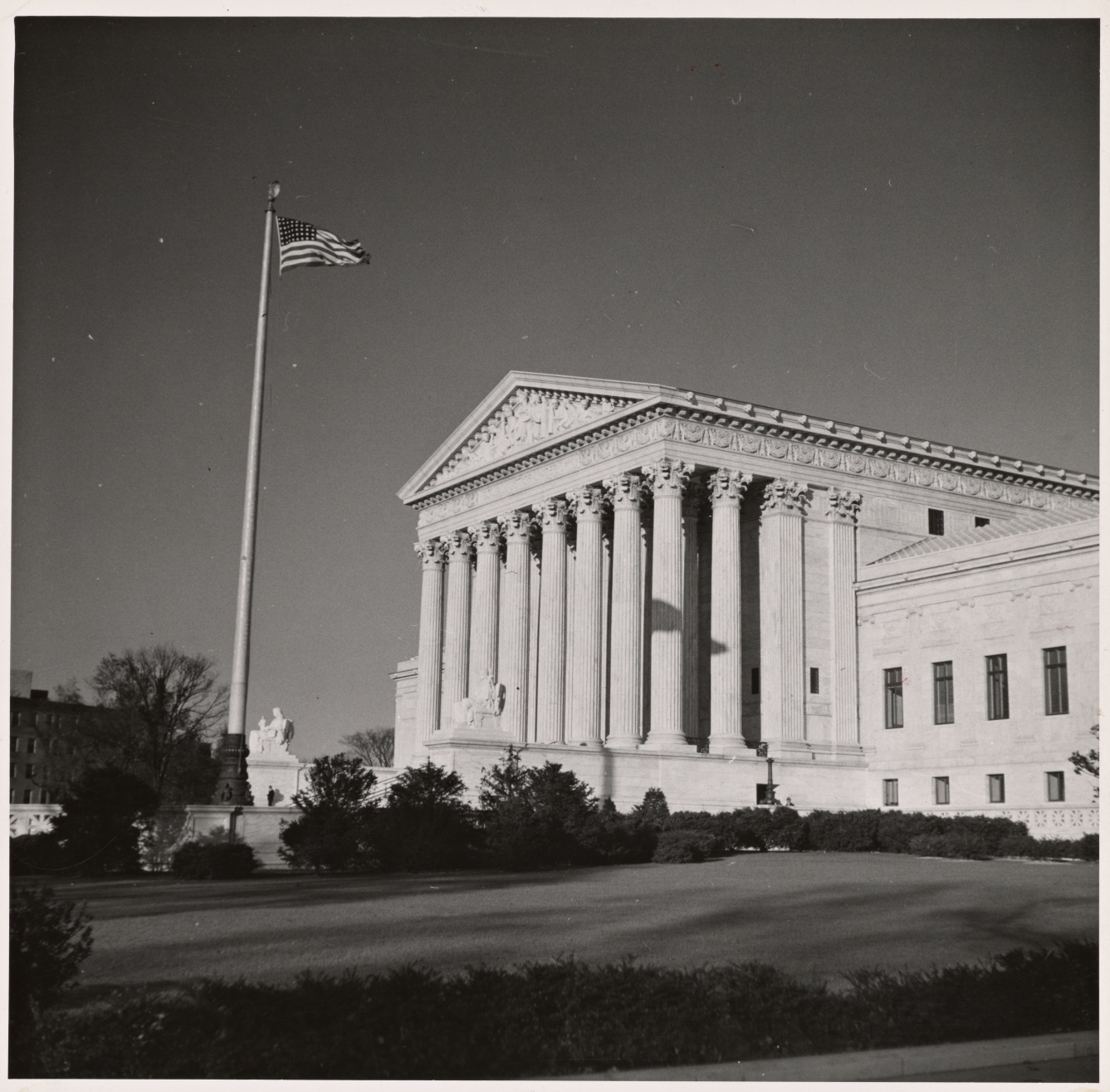In the near future, you may be paying more for goods that you buy online. On June 21, 2018, the Supreme Court delivered its decision in South Dakota v. Wayfair. The Court’s decision will likely impact the way you shop – both online and in brick-and-mortar shops.
In a previous blog post, we reported that the Supreme Court agreed to hear a case concerning the validity of state legislation permitting the state to tax an out-of-state retailer’s sales in the state. That blog post can be read here. This post is an update to the previous post and will address the Court’s decision in Wayfair.
Supreme Court Precedent
The Supreme Court previously held that a state could tax a retailer’s sales only if the retailer had a physical presence within the state. An out-of-state retailer with no physical presence (e.g., warehouse, brick-and-mortar store) could not be taxed by the state. The Court viewed taxing an out-of-state retailer as a violation of the Dormant Commerce Clause.
Times have changed since the Court last visited this issue in 1992. The Court in 1992 could not have foreseen the explosive growth of online, out-of-state retailers. Nor could the Court have forseen the impact those retailers would have on the sales tax revenue of the States.
Lost Tax Revenue in the Age of Online Sales
With the ever-rising popularity of online retailers, states have lost out on substantial sales tax revenue. It has been estimated that states have been unable to collect between $8 and $33 billion in sales tax revenue every year due to out-of-state retailer’s effective sales tax-free status.
The South Dakota legislature realized how much tax revenue was being lost by permitting out-of-state online retailers to do business in the state without paying any sales tax. South Dakota passed state legislation which obliged out-of-state retailers to collect the same taxes that brick-and-mortar retailers collected. In short, South Dakota sought to even the playing field for brick-and-mortar retailers and collect additional tax revenue.
Given the Supreme Court’s previous decisions explicitly preventing legislation like the legislation passed in South Dakota, a constitutional clash was unavoidable.
Court’s Decision
At issue in Wayfair is whether or not a state can require an out-of-state seller to collect state sales tax on the goods sold in a particular state. Specifically, the out-of-state sellers in this particular case are popular online retailers Wayfair, Overstock.com, and Newegg.
The Court held, by a 5-4 majority, that the previously decided Supreme Court cases were incorrect. There was no basis for the Court to require a physical presence in a state in order for a state to collect sales tax on sales made in the state. In overruling previous Supreme Court precedent, the Court has paved the way for the States to pass legislation to collect sales tax on online sales made to customers in the State – much like South Dakota has done.
In essence, the Court reasoned that the “physical presence rule” did not age well. While the rule may have worked well in the late 1900s when out-of-state sales consisted of mail-ordered crockery from Sears Roebuck catalogs and vacuums bought from door-to-door Kirby salesmen, the rule does more harm than good in the age of the internet. The physical presence rule harmed both brick-and-mortar retailers as well as states that relied on sales tax revenue to carry out their governmental functions.
Dissent
Four of the nine Justices of the Supreme Court disagreed with the Court’s holding. The basis for the disagreement stems from the nature of the Commerce Clause. The dissenting Justices believe that the decision as to whether states can tax out-of-state retailers should fall to Congress.
After all, the Constitution gives Congress the power to regulate interstate commerce. Further, the dissent argues the majority has failed to take account of the impact of the decision on small businesses. Suddenly, small online retailers shipping to customers in different states will be faced with over 10,000 jurisdictions. Each of these jurisdictions levies taxes in different ways.
What to Expect as a Consumer
If you shop on Amazon, nothing will change. Amazon has already been voluntarily collecting sales tax on online purchases. However, if you shop at a retailer like Wayfair, Overstock.com, or Newegg expect to pay more for your purchases.
